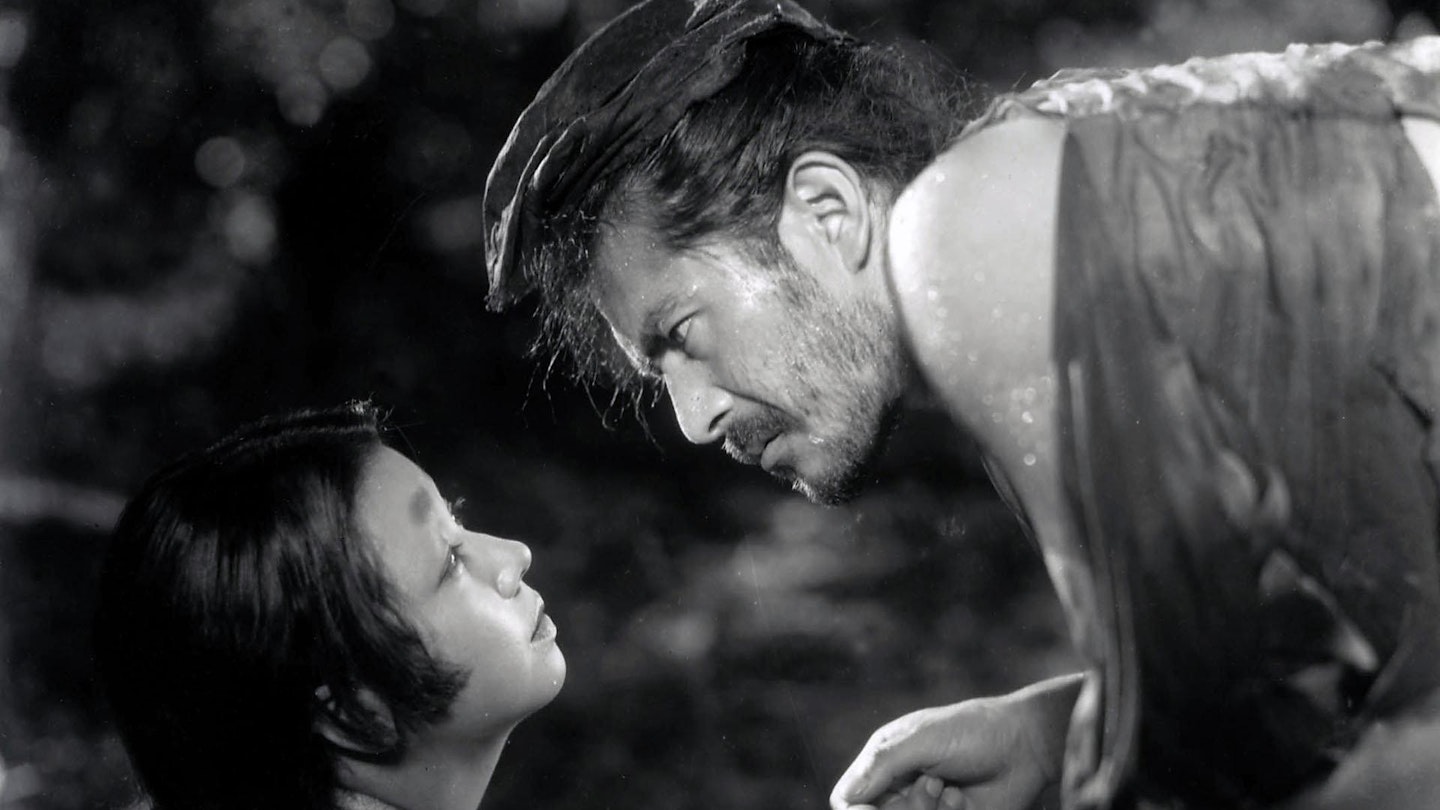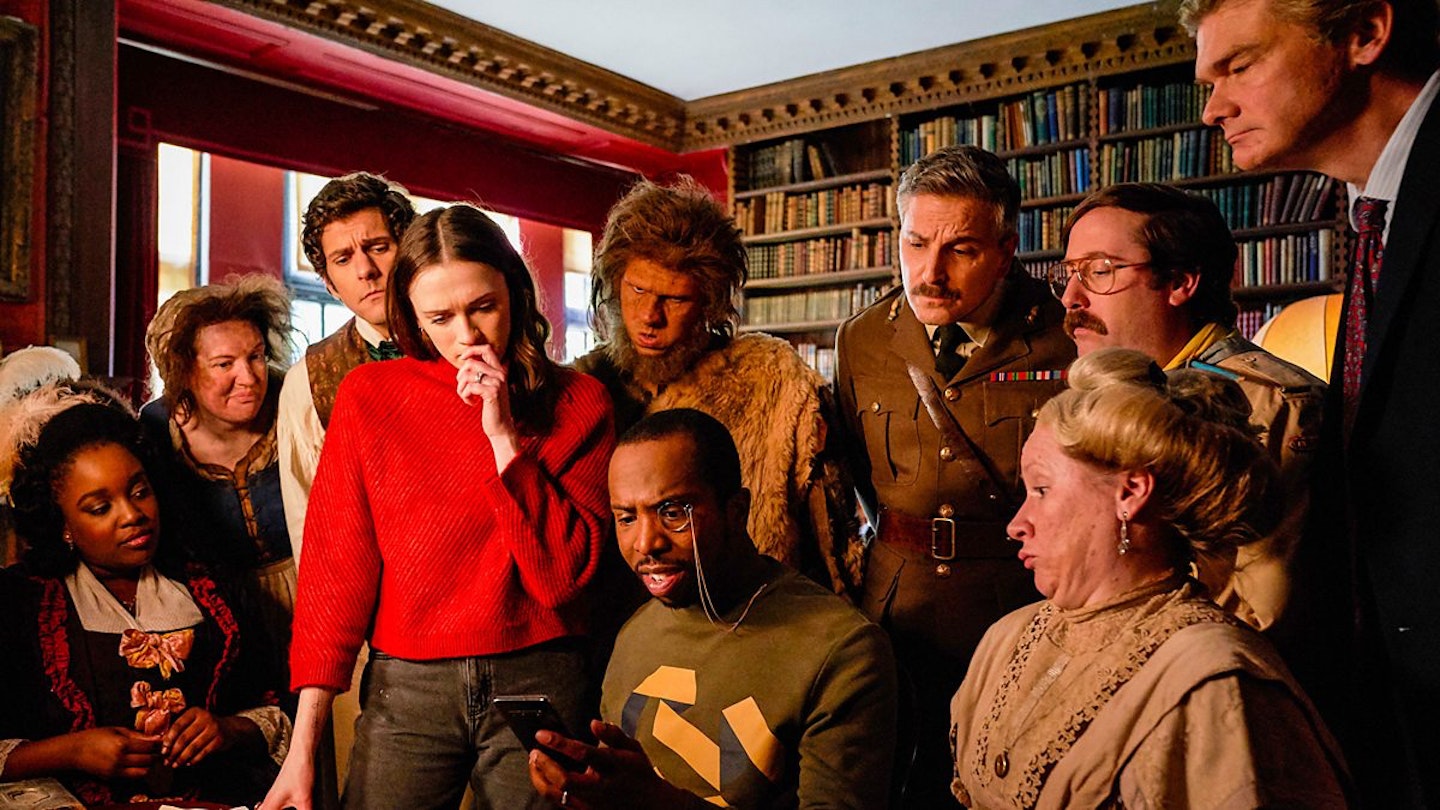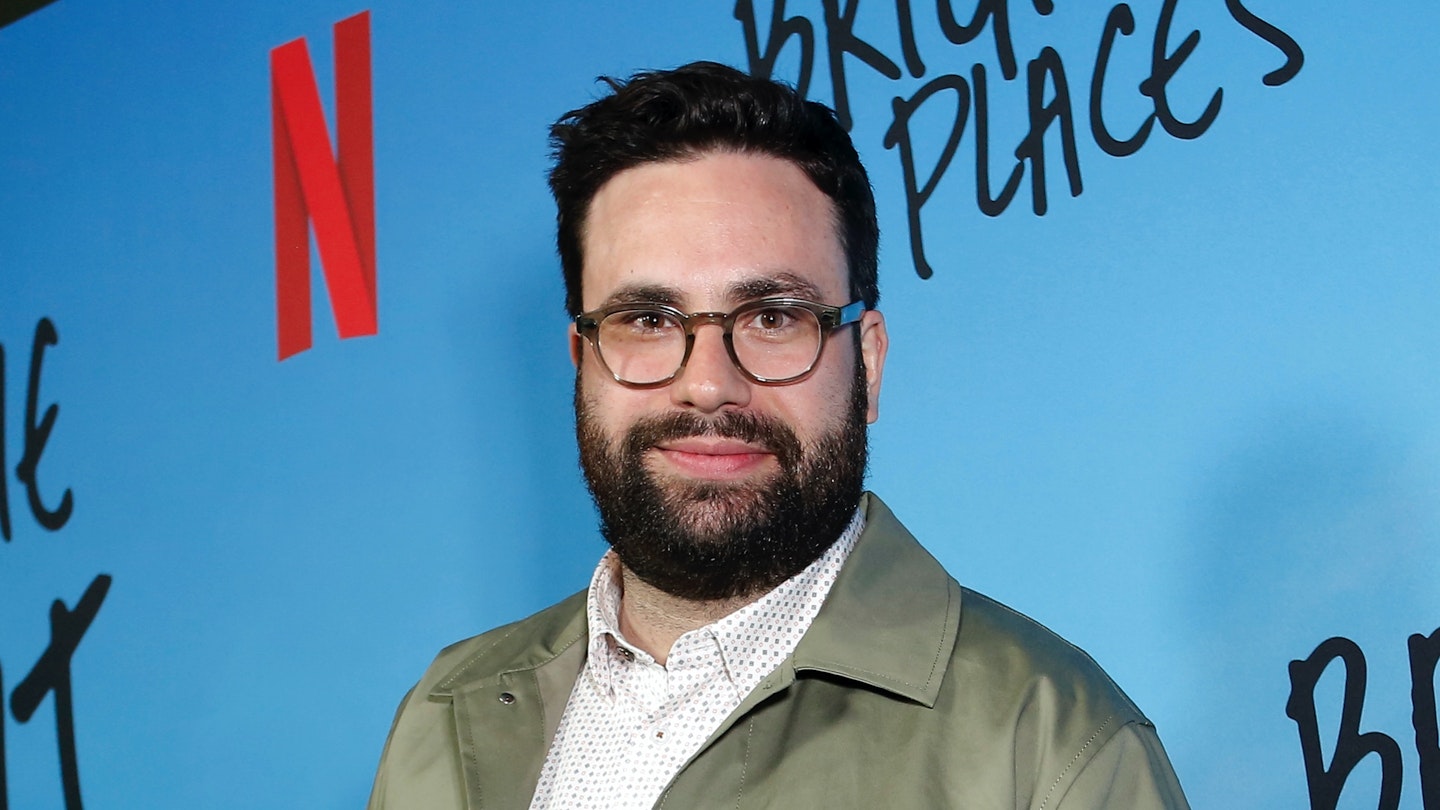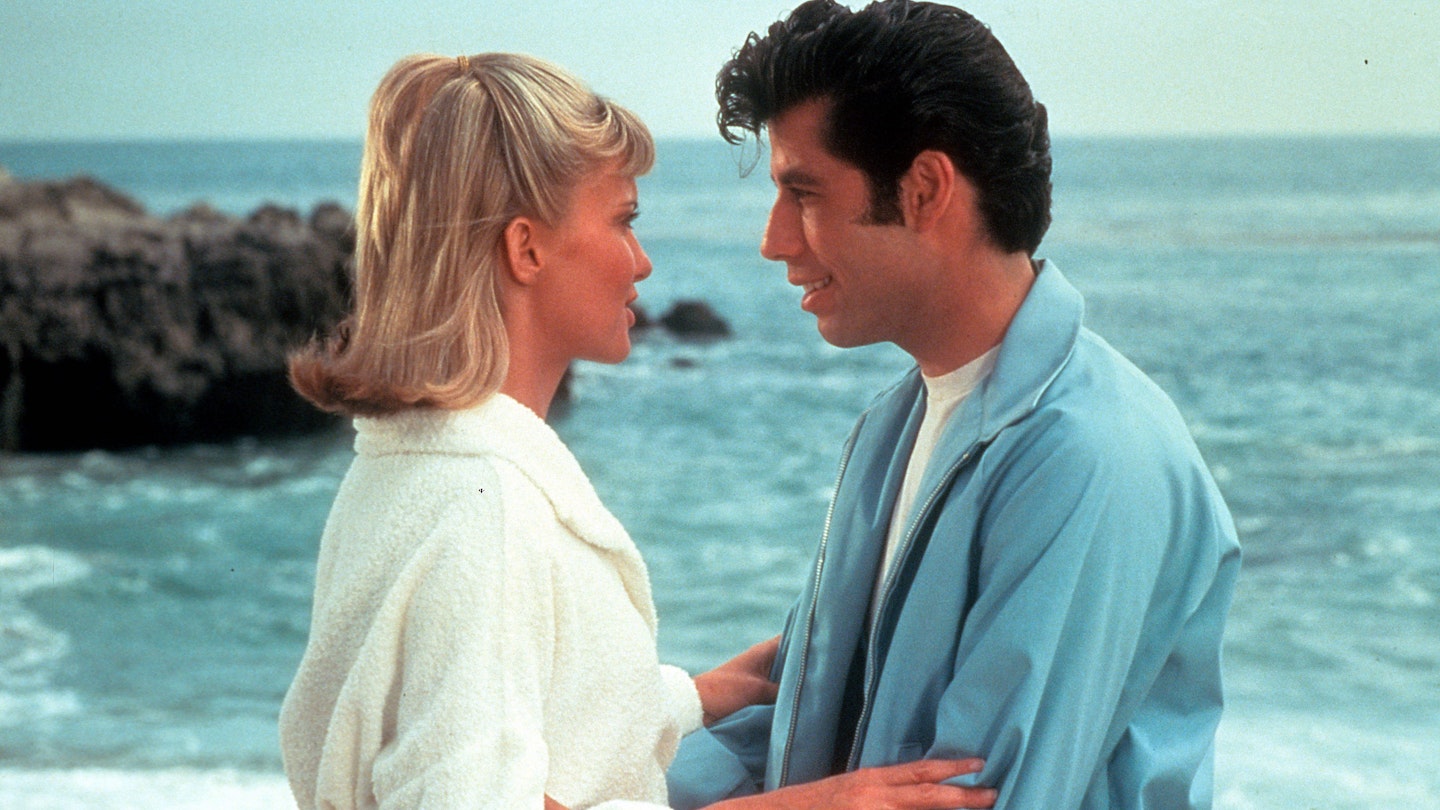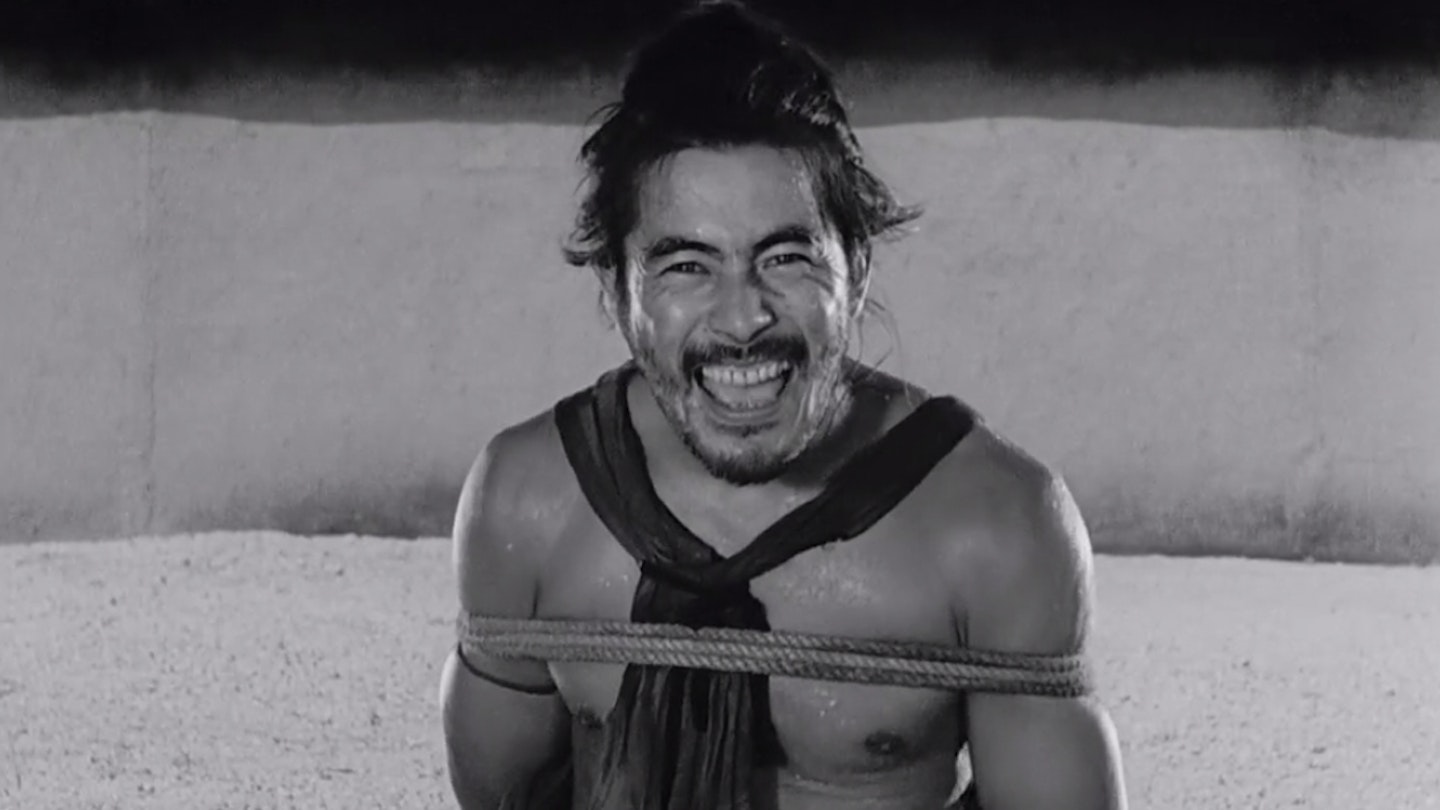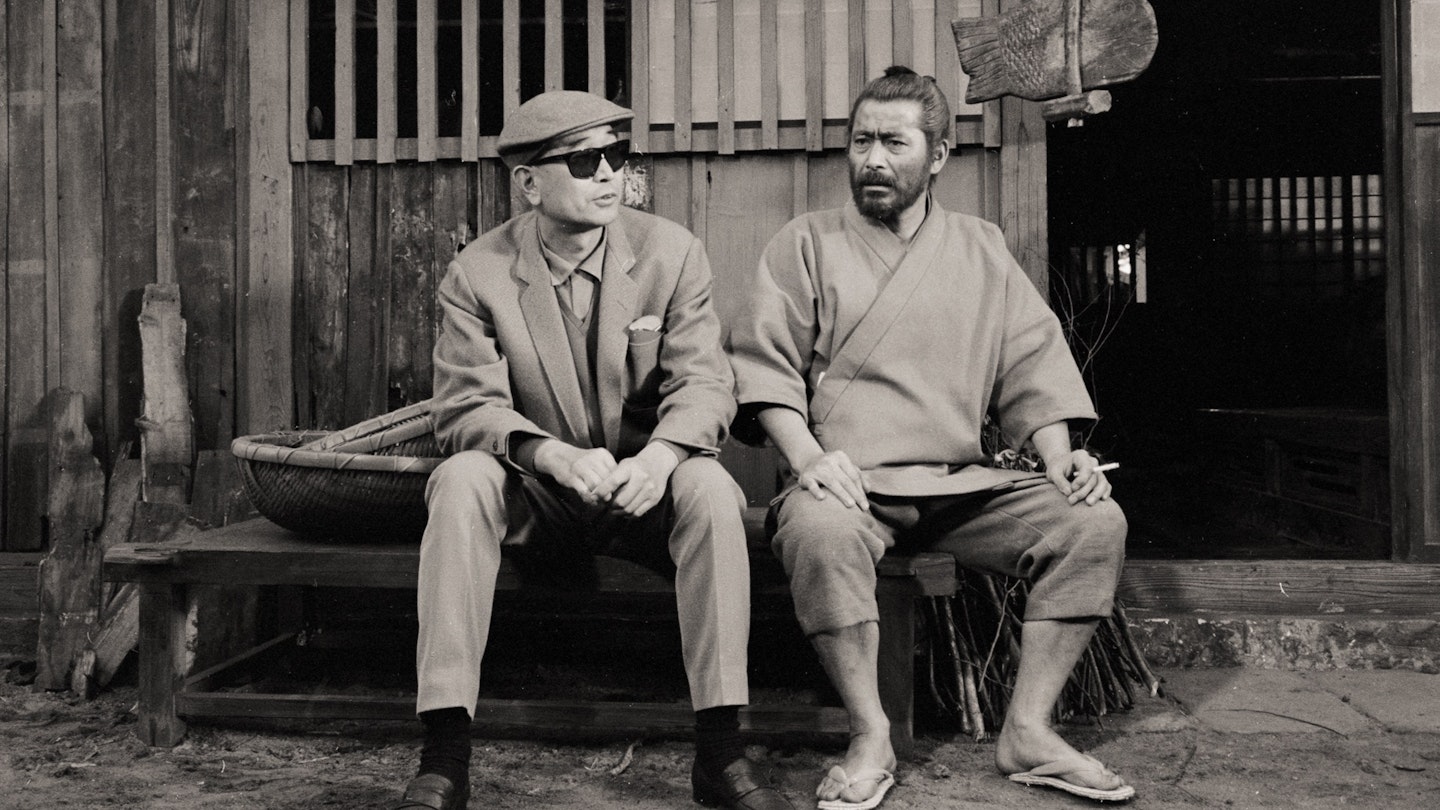The film that woke up the world to Japanese cinema, this is a still-effective 'gimmick' melodrama about a rape-murder seen from four different viewpoints, each wildly different. The abused wife, the embittered husband and the lecherous bandit all get to tell their stories - the husband speaking through a medium - and all present themselves in the best light (as brave, noble, ferocious, self-sacrificing) while doing down the others (as cowardly, grasping, lecherous, hypocritical), but finally a bystander comes along and reveals that actually everyone involved is a moral and physical coward, reducing high tragedy to black slapstick as a duel we’ve seen as an epic struggle is re-presented as a knockabout between two men too terrified to fight properly with the final death caused by an accident rather than malice or skill.
There's a showboat performance from Toshiro Mifune as the swaggering yet hollow bandit desperate to live up to his reputation, but it's Akira Kurosawa's direction that commands the attention as he mood ranges from the savage to the wistful to the comic. Its cynical neatness perhaps lodges it a notch down from masterpiece level, but still outstanding.
It was adapted for American and British television in 1960 and 1961, with Western actors playing Japanese under the direction of Sidney Lumet and Rudolph Cartier, then remade as Martin Ritt’s Western The Outrage in 1964 and the odd Bridget Fonda vehicle Iron Maze in 1991, and imitated so often as episodes of everything from The Simpsons to The X-Files that you can pitch something as ‘a Rashomon story’.
